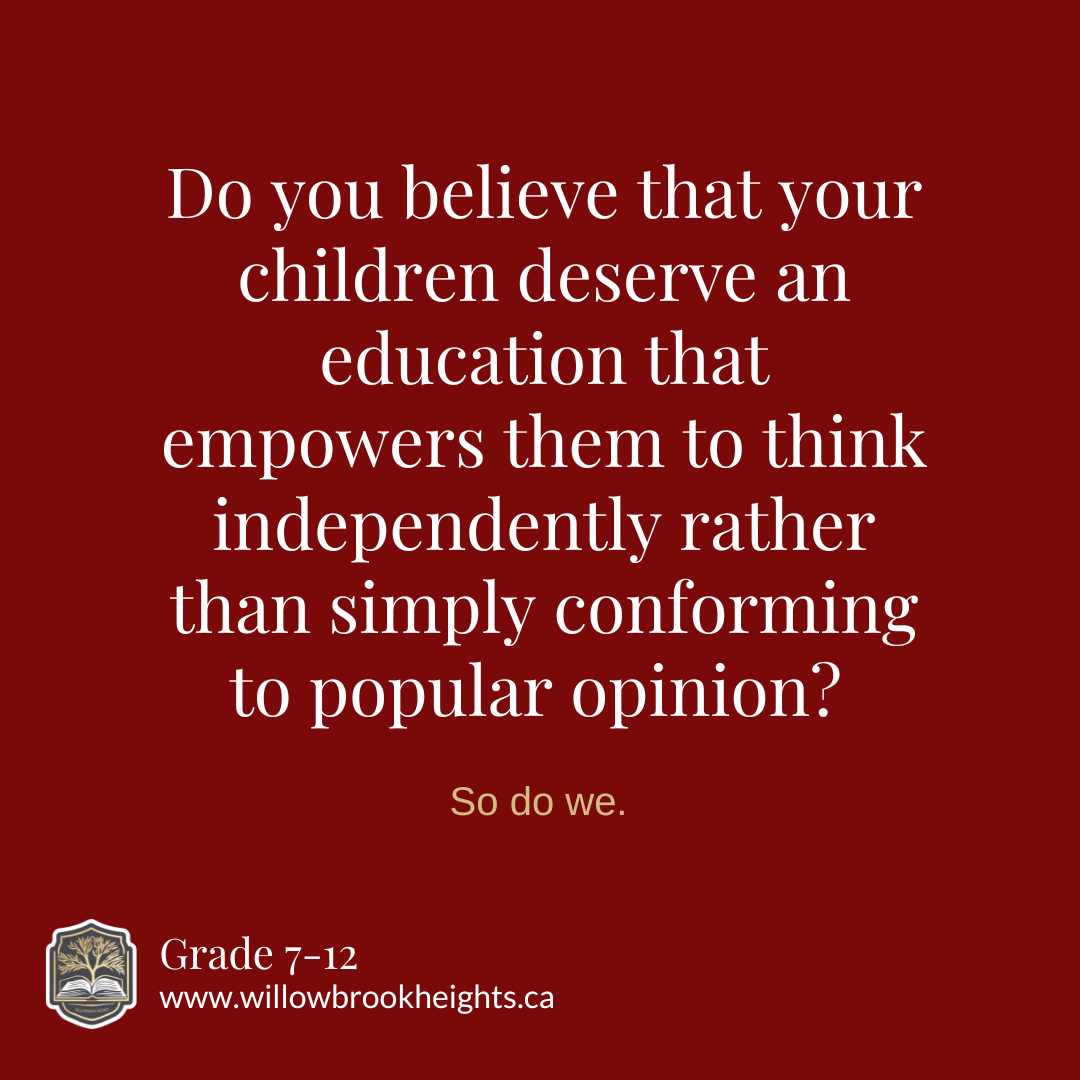I’m appalled. I nearly fell off my chair today. While I knew things were bad, my indignation reached new heights. This feeling starkly contrasted the excitement I had just moments before, as I had begun planning lessons for the upcoming year. To provide some context, I usually sift through incredibly biased information to find quality resources, but today I was taken aback by what can only be described as “next level”.
While researching, I came across a Canadian website called Media Smarts, which is intended to educate parents and teachers on media literacy. I stumbled upon a slideshow titled “Spotting Deep Fakes,” which piqued my interest given the growing importance of this issue with AI advancements. I eagerly opened the lesson plan, hoping to find useful tips for teaching kids how to discern truth from visual images. Instead, I was dismayed to find that the suggested solutions were to use Wikipedia, “reliable” sources like CNN, fact-checkers, and to check Google for the consensus view. These approaches, which rely on external sources known to be riddled with bias and propaganda, groupthink and potentially biased algorithms, are dangerously misleading.
Next, I clicked on “Break the Fake: How to Tell What’s True Online.” This page aims to teach students to ask three questions: What are my existing beliefs? Why do I want to believe this is true or disprove it? What could change my mind? While this is indeed relevant advice on assessing sources, these questions alone don’t foster deep critical thinking.
How has public education come to a point where it no longer teaches students to ask pertinent questions and evaluate responses through the lenses of fallacies and deductive reasoning? At Willowbrook Heights, we have a dedicated curriculum for teaching logic to both middle and high school students. We also offer an in-depth communication course that focuses on persuasive essay writing, public speaking and formal debate. We believe that free and critical thinking along with effective communication are fundamental to any career, which is why our graduates finish with double the requisite credits in English.


